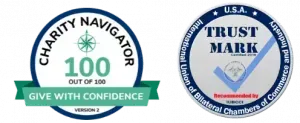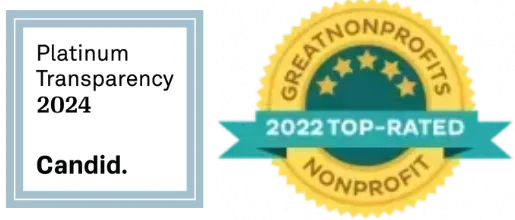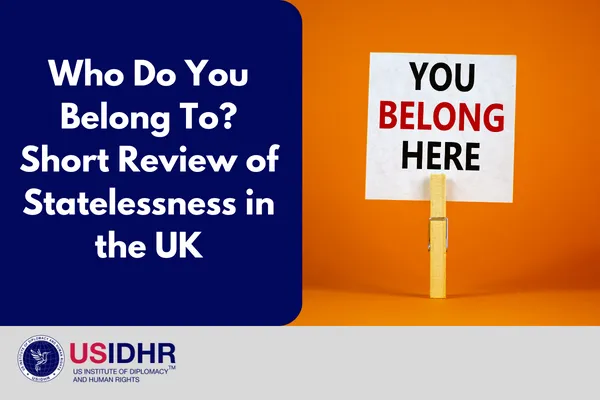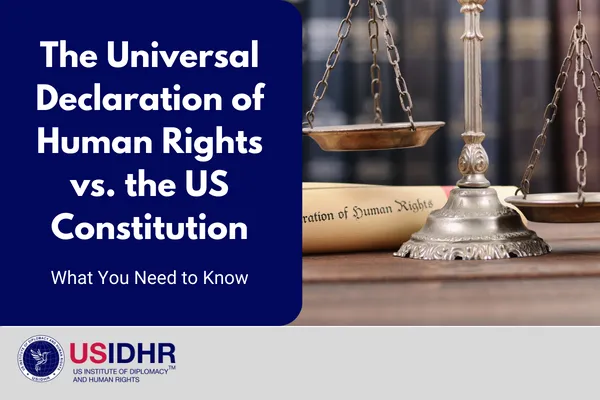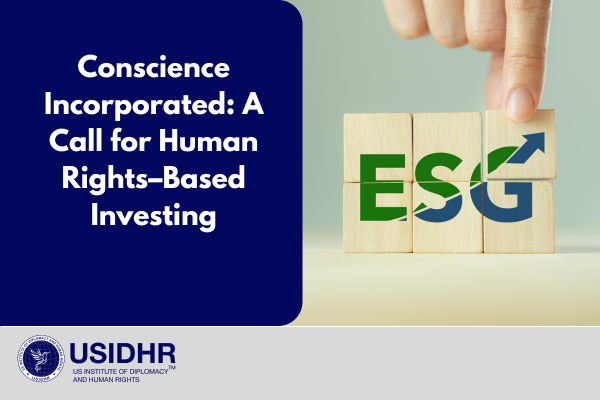
Conscience Incorporated: A Call for Human Rights–Based Investing
December 17, 2024
5 min read
Book Review by Dr. Elise Rainer
Why This Book Matters
My former boss at the State Department, Assistant Secretary of State Michael H. Posner, recently published an important new book on business and human rights: Conscience Incorporated: Pursue Profits While Protecting Human Rights. Preface by Hillary Rodham Clinton. New York: NYU Press, 2024. This book provides a big-picture vision of reforms to the private sector to improve human rights standards and investing.
Years ago, I traveled to Jordan with Assistant Secretary Posner as representative from the U.S. Department of State’s Bureau of Democracy, Human Rights and Labor. Posner led human rights dialogues with foreign officials, civil society advocates, and government leaders. With foreign audiences abroad and in Washington, D.C., I observed how Posner would masterfully handle tense environments, bringing together parties with divergent interests and providing pragmatic ideas for real-world human rights reform.
This book’s strength is that it is grounded in Posner’s experience leading complex human rights dialogues and negotiations toward improved human rights. It is not purely a theoretical academic book, but rather draws on Posner’s decades as a leading human rights diplomat and advocate. From the sweatshops of Bangladesh to the boardrooms of Silicon Valley, Posner exposes the difficult realities behind global supply chains, tech platforms, and Environmental, Social, and Governance (ESG) investing. He offers a roadmap for how companies can pursue profits while protecting human rights.
This book is a timely and thought-provoking contribution to the evolving conversation about the role of business in society. Rather than offering a rigid moral framework, Posner presents pragmatic ideas for how companies can navigate the increasingly complex terrain of human rights, environmental responsibility, and democratic accountability.
My Reflections and Review of Posner’s Conscience Incorporated
In Conscience Incorporated, Michael Posner makes a powerful case for why businesses must take greater responsibility for protecting human rights, especially in regions where governments are unable or unwilling to prioritize human rights in the private sector. The book is organized around three central themes: global labor, technology and democracy, and values-based investing. Posner evidences how outsourcing and weak labor protections contribute to exploitation, and ultimately hurt long-term profits. Similarly, Posner articulates how tech platforms can undermine democratic institutions, an especially timely lesson as we all witness an increase in global democratic backsliding.
Posner focuses on the field of Environmental, Social, and Governance (ESG) investing and how it often lacks real accountability. He calls for a deeper, more honest approach to corporate responsibility that goes beyond surface-level commitments.
ESG as a Catalyst for Change
A particularly important critique from the book is directed at the field of ESG practices and reporting. Posner argues that ESG has largely become a marketing mechanism—used more to polish corporate reputations than to drive real change. He points out that many ESG metrics are vague, inconsistent, and disconnected from actual human rights outcomes. This book highlights glaring issues with the industry, for example how data collection on global labor and human rights performance is all but nonexistent (Posner 2024, 103). He notes that international, agreed-upon labor standards do not yet exist for most industries. For ESG to be meaningful, Posner argues, the sector needs serious reform: clearer standards, independent verification, and a shift in focus from image to impact. The industry needs to move away from ESG as a marketing and reporting focus, and instead provide recommendations for companies to make pragmatic reforms.
I echo Posner’s findings that companies need to strive to meet rigorous standards and ESG reporting requirements, while keeping in mind the big picture; ESG requirements exist to make lasting, positive human rights reforms to business practices. ESG should be more than a reporting framework—it must serve as a catalyst for real, measurable progress in human rights and labor standards. When implemented with integrity, ESG can drive companies to align their operations with the values of dignity and accountability, ultimately leading to more resilient companies.
A Thoughtful Call for Change
As a former diplomat and human rights advocate, I found Conscience Incorporated sobering about the challenges of protecting human rights while companies strive to earn profits. Systemic problems remain pursuing “values over value,” as Posner puts it, and yet at the same time his message is helpful and inspiring. It’s a reminder that businesses are not neutral actors—they shape the world we live in. Indeed, Posner echoes a central tenet of the UN Guiding Principles on Business and Human Rights: the responsibility to uphold human rights lies both with private enterprise and government authorities—neither can fully shirk responsibility onto the other.
Posner offers a helpful example applicable to modern ESG reforms today in the lessons of the organic food industry (Posner 2024, 105). A couple of decades ago, no one would have believed that people would pay more for produce made without pesticides and ethically sourced. Today, it is standard across the food industry. The organic food movement demonstrates that—with education and awareness—consumers are willing to pay more for higher-quality, ethically sourced products. Similarly, investors, especially young investors, are increasingly investing socially consciously. Stakeholders want companies to thrive while not committing human rights abuses.
What makes Posner’s message especially compelling is his pragmatic examples and discussion points. He doesn’t expect companies to solve every global issue, but he insists they do what is reasonably within their power to reduce harm. This practical approach makes his recommendations more accessible and realistic for business leaders who want to make a difference.
Who Should Read This Book
This review is applicable to a wide scope of audience and anyone interested in focusing more on human rights as a consumer. It is especially relevant for:
-Corporate leaders seeking to lead their organizations with integrity.-
ESG professionals and sustainability officers who need pragmatic examples and recommendations to move beyond checklists toward real impact.
-Investors who want their capital to reflect their values.
-Policymakers crafting the next generation of business regulation.
Final Thoughts
ESG is not just a trend—it’s the foundation of how today’s most reputable companies operate. Environmental, Social, and Governance principles are now embedded in everyday business practices to demonstrate responsibility, reduce risk, and meet global expectations. As Posner illustrates, aligning profit motives with human rights and ethical standards leads to stronger brand trust, more resilient supply chains, and sustainable growth.
Under the European Union’s Corporate Sustainability Reporting Directive (CSRD), more than 50,000 companies—including U.S.-based organizations that operate in or export to the EU—will soon be required to publicly disclose ESG data. But even beyond regulatory compliance, robust ESG integration offers competitive advantage: it helps you anticipate stakeholder concerns, attract values-driven investors, and avoid costly legal and reputational pitfalls.
Whether you’re just beginning your ESG journey or looking to deepen your existing efforts, expert guidance can make all the difference. Our USIDHR ESG Leadership Program brings together practical frameworks, hands-on support, and sector-specific expertise to help you:
-Establish clear, measurable ESG goals aligned with human rights due diligence.
-Implement rigorous data‑collection and verification processes.
-Communicate transparently to stakeholders, investors, and regulators.
Ready to transform ESG from obligation into opportunity? Learn more about how our program can support your organization at esg.usidhr.org, and take the first step toward ethical, sustainable business practices.
Reference list:
Posner, Michael H. Conscience Incorporated: Pursue Profits While Protecting Human Rights. Preface by Hillary Rodham Clinton. New York: NYU Press, 2024.
Freedom House. Freedom in the World 2025: The Uphill Battle to Safeguard Rights. Washington, D.C.: Freedom House, 2025.
Join One of Our Certificate Trainings:
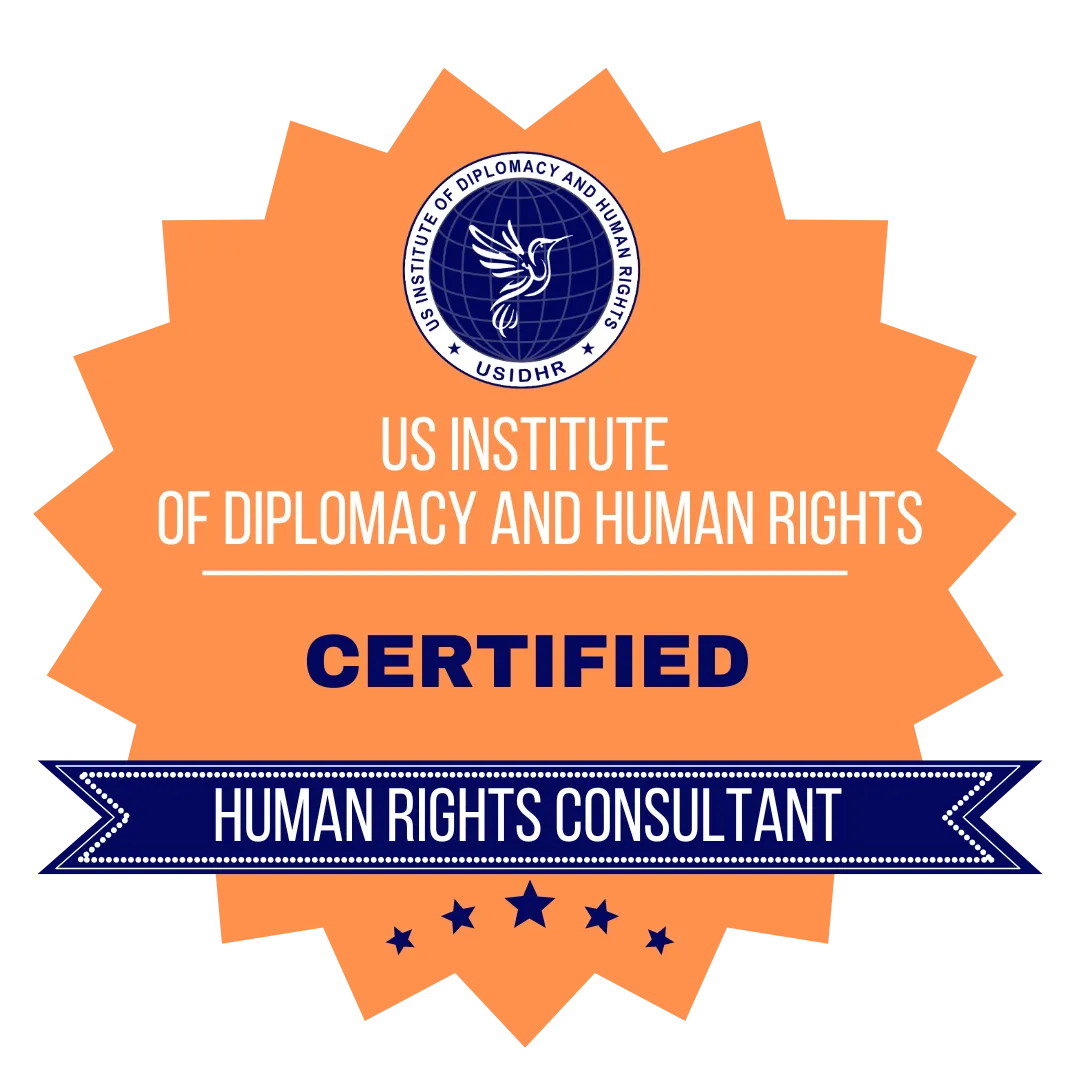
Human Rights Education Certification Training
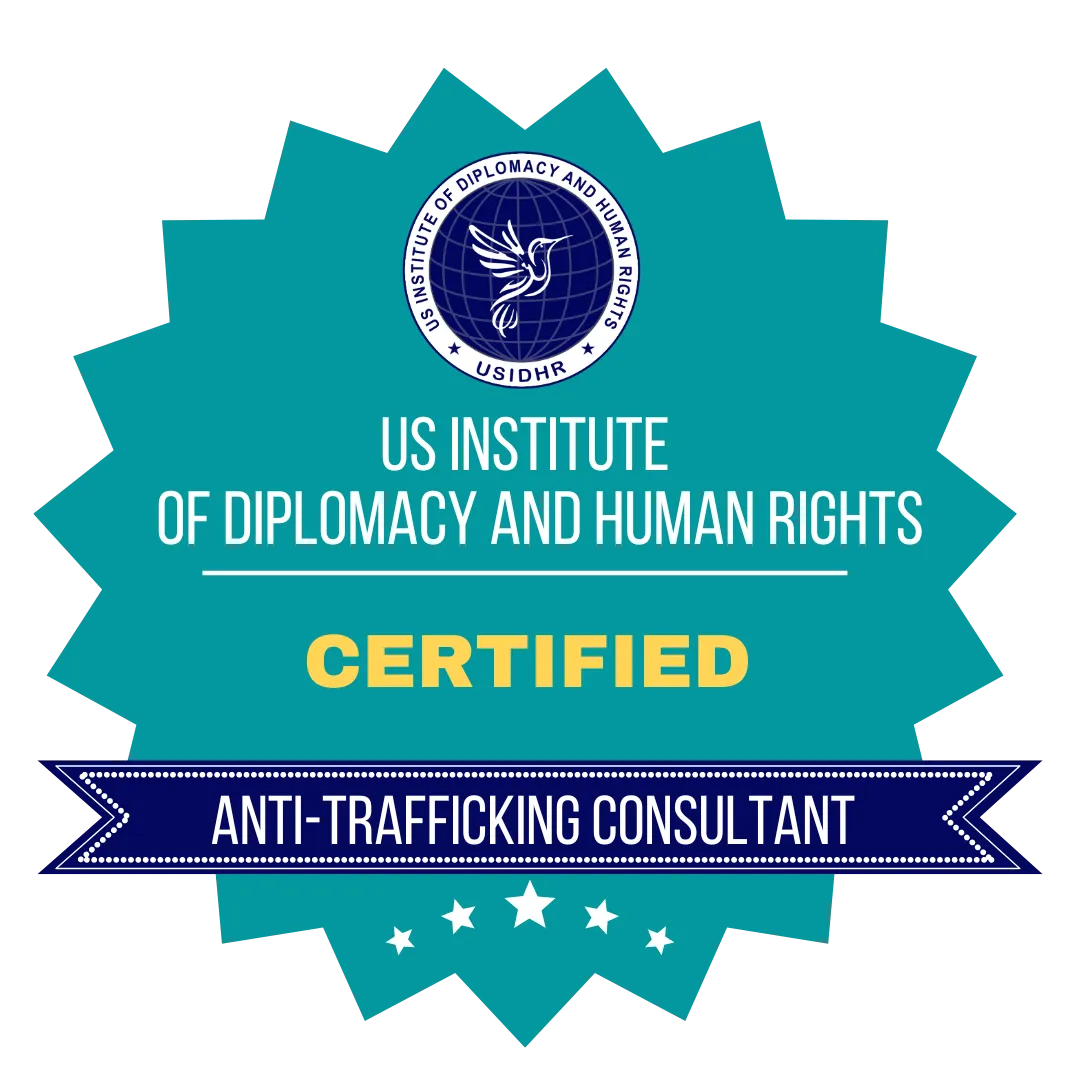
Human Trafficking Certification
Training
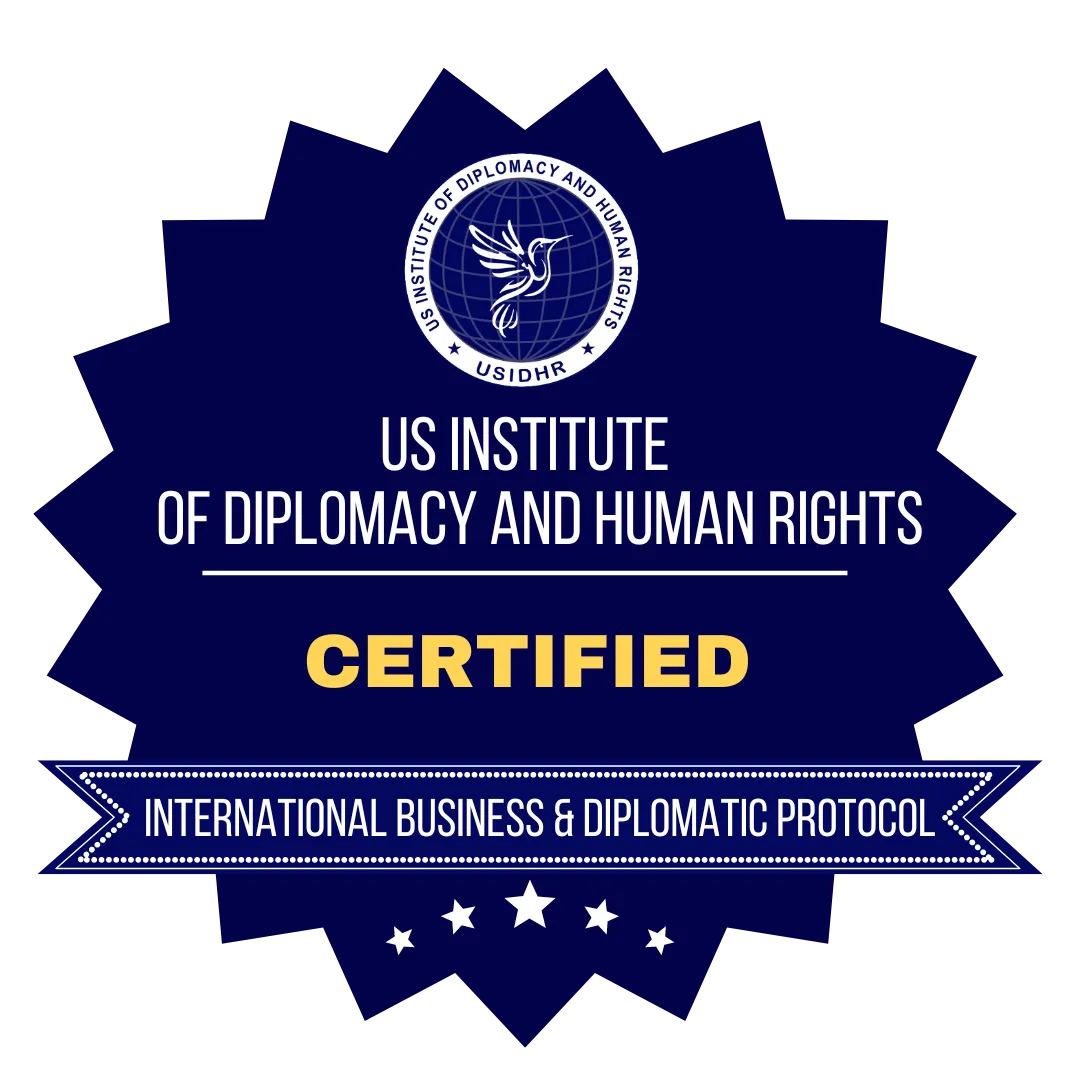
International Business and Diplomatic Protocol Certification
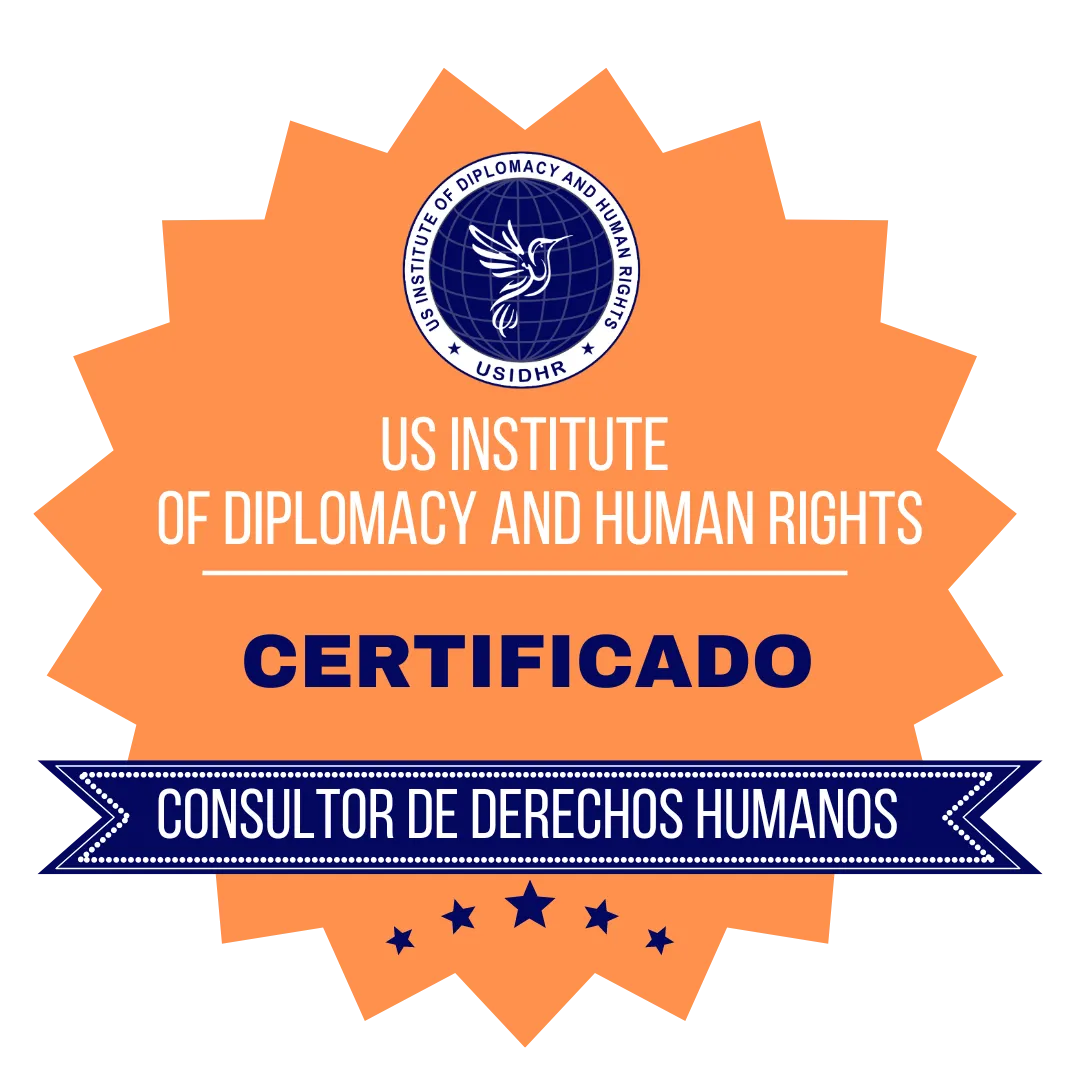
Capacitación En Derechos Humanos
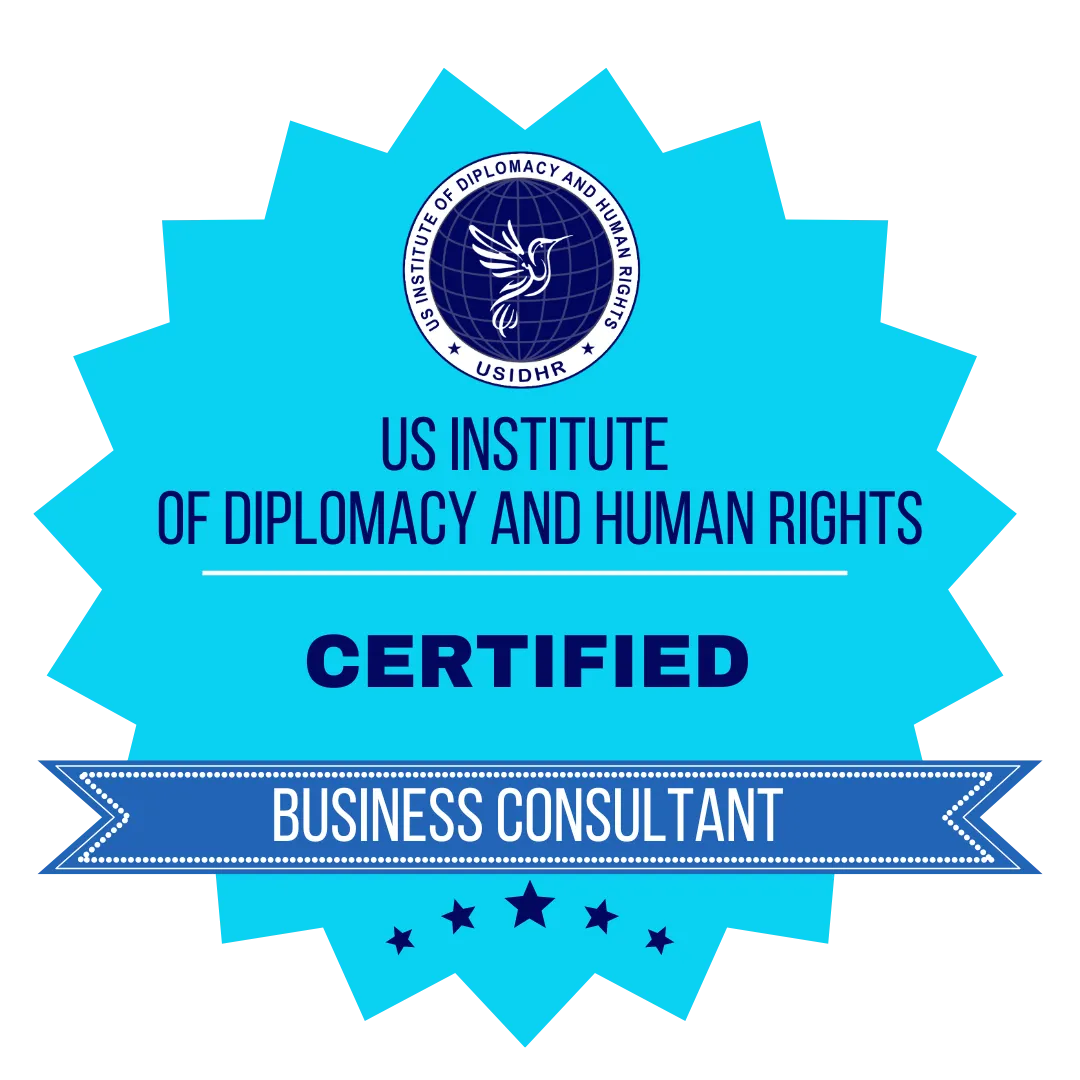
Business Consulting Certification Training
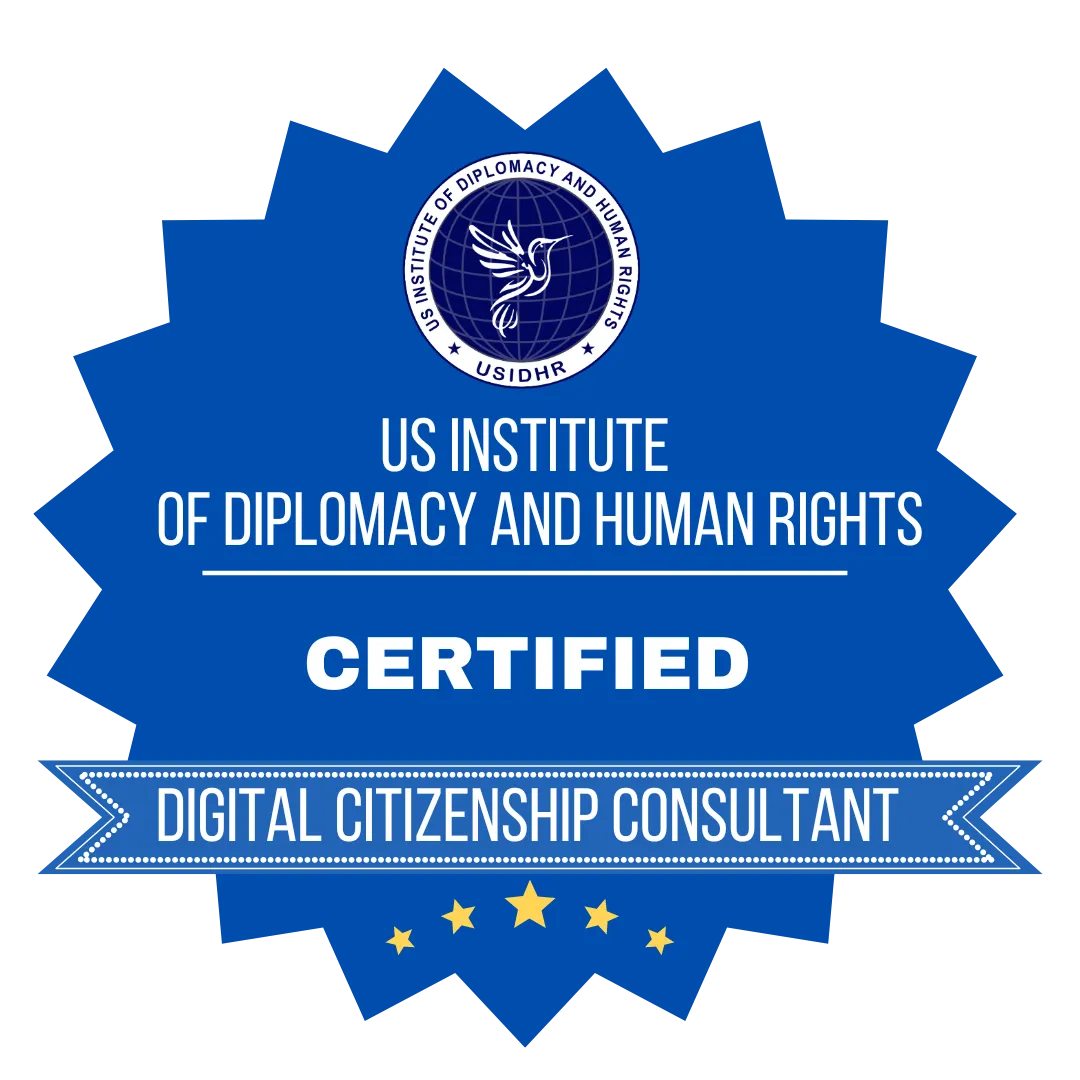
Digital Citizenship Certification
Training
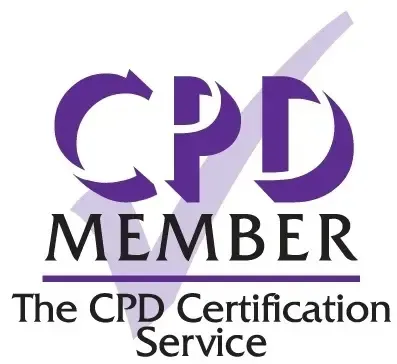
The US Institute of Diplomacy and Human Rights (USIDHR) is an International Continuing Professional Development (CPD) Accredited Organization. Accredited CPD training means the learning activity has reached the required Continuing Professional Development standards and benchmarks. The learning value has been scrutinized to ensure integrity and quality. The CPD Certification Service provides recognized independent CPD accreditation compatible with global CPD requirements
US Institute Of Diplomacy And Human Rights
1250 Connecticut Ave NW Ste 700, Washington, DC 20036
